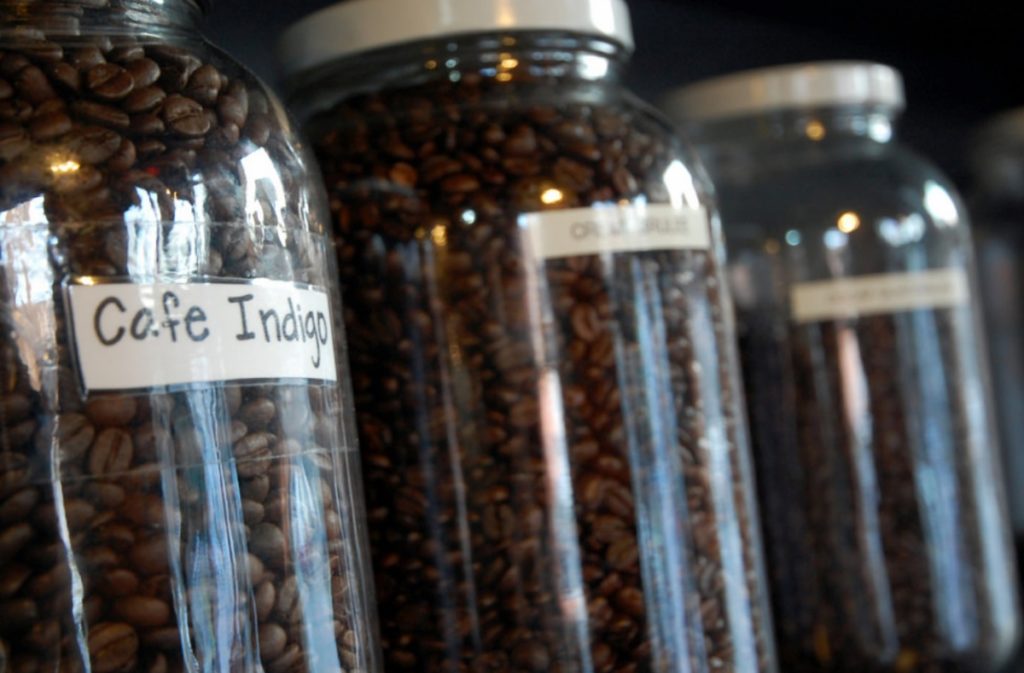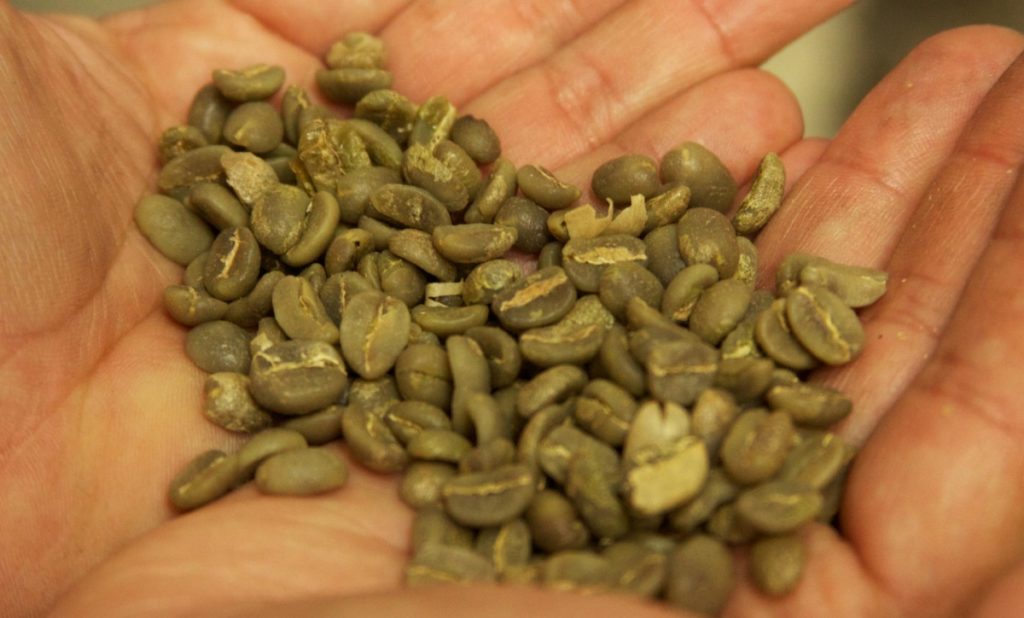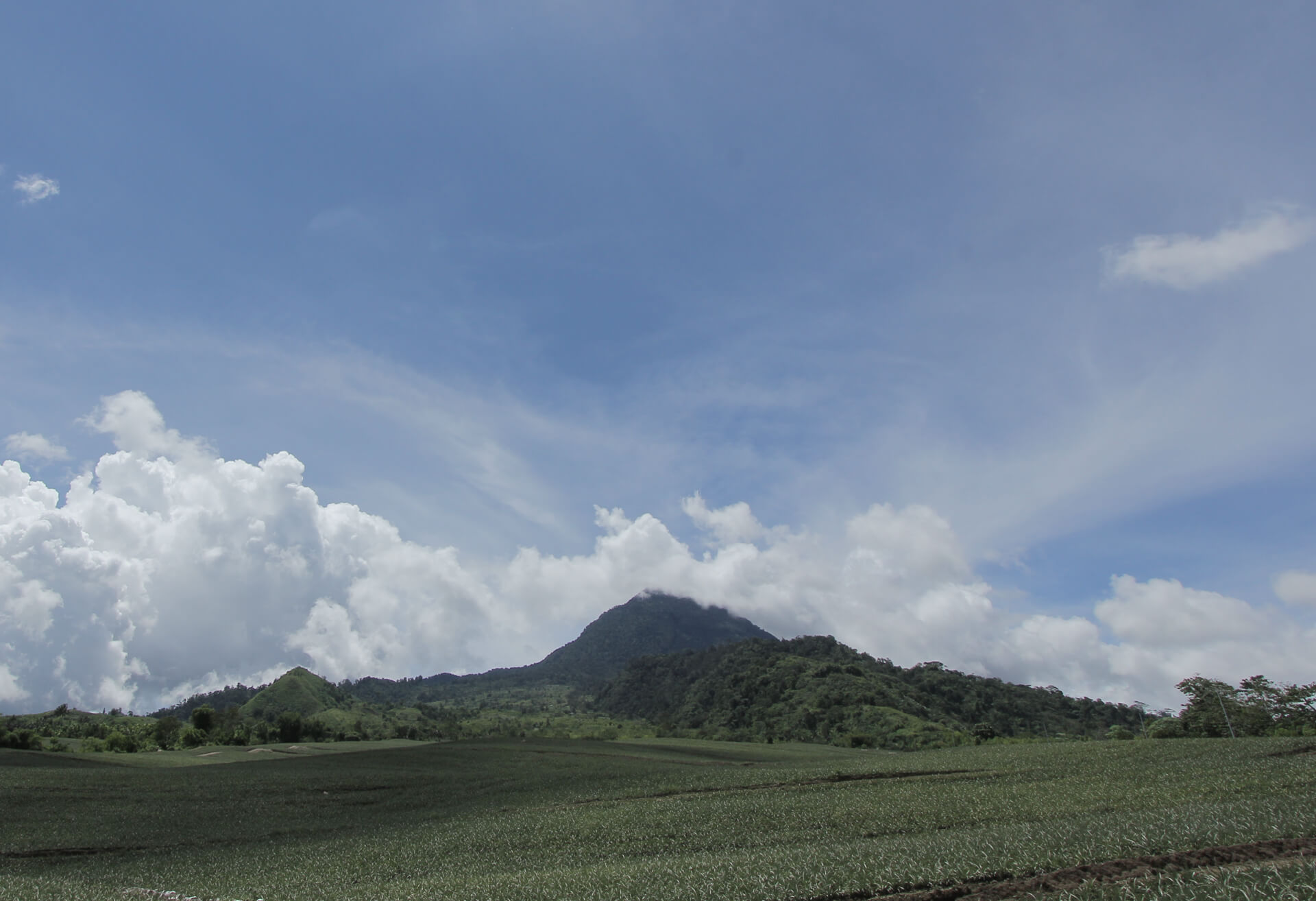How to Store Coffee Beans to Get the Best Results
Most people love waking up to a cup of fresh smelling coffee. After all, a cup of Kopi Luwak is very invigorating and a great way to jumpstart your day. If you are a coffee fan and are personally brewing your drink from beans, it is important to know as much as you can about them. Questions such as – how long does coffee last and what is the best storage method I can use to keep beans fresh are very common. After all, if you store dried coffee well, it can last for years without going bad (though fresh coffee will of course lose its best flavors well before the coffee beans go bad).
Coffee is one of the most popular beverages drank around the globe [https://www.hsph.harvard.edu/news/multimedia-article/facts/]. It has many healthy perks associated with it, such as helping to keep your heart in check, which makes it desirable for many people: especially those who tend to be inactive. Coffee can also often used in cooking especially when baking foods. Its shelf life depends on various factors like its expiry date, how it was prepared, and the condition it was stored in.

Freshly roasted coffee beans photograph by L.K. under CC licence
Storing Coffee Beans for Long-Term Freshness
If you want your fresh coffee to be full of flavor, then it is important to store your beans very well. Below are some of the best practices to ensure that your coffee beans stay fresh.
Keep Beans in Airtight Containers and in a Cool Place
The biggest coffee beans enemies are moisture, air, light, and heat. This means that if you want to preserve your bean’s fresh roasted flavor for as long a time as possible you should store them in dark airtight containers at room temperature. Although you might be tempted to display the magnificence of your coffee beans in your kitchen, light is bad for them and prolonged exposure might ruin your beverage’s taste.
Always store the beans in a dark and cool place. Placing them in a cabinet next to the oven will not do the trick; neither will a spot on the kitchen countertop that usually gets the sun in the afternoons. You may wish to first repackage your coffee as retail packaging is not ideal for long-term storage. It is best to invest in storage coffee containers that have an airtight seal.

Cheap coffee storage jars – not ideal: picture by Steve Snodgrass
Buy the Right Amount
One thing to remember is that coffee beans start losing their freshness as soon as they get roasted. This is why you should always buy freshly roasted coffee in small batches when the need arises (before you run out of coffee of course).
Airtight coffee containers are useful as exposing coffee beans to air is bad for them. If you are thinking of storing the beans in an attractive or easy-to-access container, it would be wise to divide them into a number of small batches and store the unused bunch in an air-tight container. This means that you can display your beans to the public with little loss of flavour and aroma. What many people do is to have a separate ‘fake’ jar of coffee beans for display, and secretly keep their best beans in a secret more ideal location.
It is important to only grind the number of beans you need just before brewing to limit their exposure to air. Since coffee usually loses its quality over time, it is wiser to purchase whole beans as they tend to better retain their flavor and last longer than ground coffee. All you need to do is frequently grind the exact amount of coffee you need when you require it. Although this may sound a little like a chore, you’ll be surprised how satisfying the whole coffee making process is. Indeed, many people find the coffee grinding and brewing routine the perfect way to start their day.
Best Ways to Store Coffee Beans
So just what is the best way to store coffee beans for longterm freshness? There are many coffee containers available for storage, but ideally the best ones should be made from dark glass or ceramic. You may also wish to try a stainless steel one with an an internal locking lid that pushes out the air to maximize the beans’ freshness; but be aware that metal and plastic contains may taint coffee flavor [https://en.wikipedia.org/wiki/Coffee_bean_storage].
Whatever container you decide to use, it should be stored away from a direct light. This will help also help to stabilize the temperature it is exposed to. A good place is inside your kitchen cabinet.
Since you are most likely to buy your coffee in bags, it is very important to note that not all coffee bags are made the same. Some might look attractive but fail to offer a barrier against the effects of oxygen and loss of aroma.
If such a bag has no firm seal, the chances are that your coffee will go stale quickly. Some are designed to use a one-way valve that helps the coffee beans to release its original CO2 without puncturing the bag and can be sealed again. If you are not using a proper storage method then always keep your beans in a good re-sealable bag to preserve bean freshness.
How to Store Coffee Beans
As mentioned above buying whole beans, such as those provided by Kopi Luwak Direct [https://kopiluwakdirect.com/], is the right thing to do if you want the best tasting coffee. As you are responsible for your coffee beans it is up to you to take care of them well; this way, you’ll always have a fresh cup of beverage to enjoy. For other coffee types how your beans are initially packaged while buying will play a large part in whether they will stay fresher for longer or flatten pretty quickly.
If your coffee is packed in bags with a thin lining, you can be sure they are not going to maintain their freshness for long. You will probably have a one week supply of good fresh coffee and from that point onward they will not taste so fresh.
The best packaging is sealed. One-way valve foil bags that have pinholes to let gas out but do not let the outside air in are the best. They will allow you to enjoy your beans for a little longer from the date of roasting. Just ensure you keep the beans away from any source of light and store them at room temperature.
How to Store Green Coffee Beans
One of the most important factors to consider when it comes to green coffee is atmospheric pressure. Green coffee should be stored at a relative humidity of 60% and a temperature of 75° F (~24°C). If you live in a place with conditions greatly different from these, then you will need to take measures to ensure your green coffee stays fresh and does not degrade. As most people live in climate controlled homes they can just proceed to store their green coffee in airtight containers away from light and heat. The only worry is that humidity remains a big problem.

Picture of green coffee beans ready for storing. Image by McKay Savage.
Green Coffee Beans and Air
You might have heard a lot about the connection between green coffee and air circulation [https://www.ctahr.hawaii.edu/oc/freepubs/pdf/EN-3.pdf], but you might not know what it is all about. The science behind it is that air circulation helps prevent condensation, but then again, with an environmentally stable storage place, this should not be a problem. The real issue occurs when the green coffee beans are getting transported; packing it in a container that allows little breathability usually helps to solve the problem.
The biggest issue with green coffee is getting its moisture stripped away. This usually happens in dry areas. If green coffee loses its moisture not only flavor but most of its nutrients may also go away. In areas with high humidity, coffee tends to take in moisture: this allows the formation of mold and also leads to a loss of flavor. The most dangerous place for green coffee is a spot where temperatures and humidity tend to fluctuate very frequently.
The prudent way to preserve your green beans if you live in an area that is not ideal is to simply order coffee that you will use within a few weeks. If you do end up having to purchase a great amount, then it will mean that you will have to take extra precaution with storage.
There are some people who swear by freezing their green beans. However, it is good to note that the deeper and quicker a coffee bean freezes, the better the result. It is not possible to do this well by deep-freezing at home, and the thawing process also tends to be tricky.
How to Freeze Coffee Beans
It is not advisable to keep your coffee beans in the fridge or freezer [http://sci.rutgers.edu/forum/showthread.php?79668-Should-you-store-coffee-in-the-freezer]. Here’s why; the coffee cell structure is porous and soft, and likes to absorb smells. This means that if you have garlic or any other strong smelling foodstuff in the freezer, the coffee beans might absorb their aroma. Nobody would want a strange smelling garlicky drink.
There are also many other reasons why the fridge is not a good option – it makes coffee condense and forces oils to the surface. This makes the coffee to age quicker.
If freezing be aware that a good number of home storage containers let small amounts of oxygen, in which can lead to a freeze burn.
If you insist on freezing, here is how to freeze bean. Ensure that they are in an air-tight container or package that is sealed and unopened.

Using a bag to store coffee in the freezer. Pic by Jimmie.
Also, to ensure that your frozen coffee beans don’t spoil, speedily remove the amount you need to use for not more than a week. Proceed to return the rest of the coffee beans to the freezer before they can condense (Ideally freeze in separate containers).
Before brewing your coffee, first let your beans thaw at room temperature. You might be happy to have preserved the fresh flavors but then again, you have introduced another hurdle, the coffee beverage experience is supposed to be pleasurable, easy, and convenient.
Some Interesting Facts About Coffee
• Huge amounts of caffeine can be poisonous to dogs
• The only difference between regular and decaf is the amount of caffeine in both. Coffee beans are naturally caffeinated; decaf beans go through a process that removes 97-99% of the caffeine from the beans.
How to Ensure the Extra Coffee Does Not Go Bad
You might have made a little too much coffee in the morning, and you are reluctant to pour it down the drain. You can do the following to preserve it.
• Pour the leftover coffee in ice cube trays and freeze it. You can then use these cubes in gravies to give off a brown color.
• Pour the cool coffee in a blender; add a scoop of vanilla ice cream, ice, a teaspoon of vanilla, and milk. Blend everything together to get a coffee milkshake that you can enjoy throughout the day.
• Use your prepared coffee instead of water in your chocolate or vanilla cake recipes to achieve a mocha flavor.
How to Tell If Coffee Is Bad or Spoiled
It is always good to observe safety precautions to avoid any food-borne diseases. Coffee tends to look the same regardless of its age. This makes it hard to determine whether it has gone bad or not. Always trust your nose, as this is the best way to tell whether your coffee is good. When coffee goes bad, its sweet aroma goes away, as well as the taste. Although this coffee will not harm you, it will not have the taste and aroma that you love. It might also lose its rich color and appear lighter.
As soon as coffee beans get ground, they start to lose flavor since all of their oils start to evaporate. Always remember that there may be health risks associated with spoiled drinks, and you may lose any benefits associated with drinking Coffee. So be sure to practice food safety and drink your coffee well before it outruns its shelf life.
We at Kopi Luwak Direct help that you have enjoyed this information on the Best Way to Store Coffee Beans. You may also enjoy our other writings on coffee such as: the story of Middle Eastern Coffee Culture [https://kopiluwakdirect.com/middle-east-history-culture/], Our infographic on the history and use of coffee [https://kopiluwakdirect.com/coffee-made], eating coffee beans [https://kopiluwakdirect.com/can-eat-coffee-beans/], and how to make coffee without an espresso machine [https://kopiluwakdirect.com/how-to-brew-coffee-without-an-espresso-coffee-maker/].
